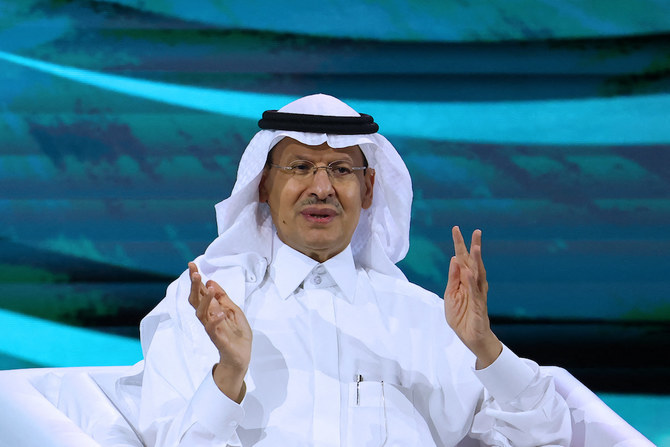RIYADH: Kuwait’s Consumer Price Index climbed 2.5 percent year on year in December, reaching 135.2, fueled by higher costs across miscellaneous goods and services, food and beverages, and clothing and footwear.
The CPI showed relatively marginal growth monthly, recording a 0.45 percent increase compared to November, reflecting inflationary pressures across various sectors, according to the country’s Central Statistical Bureau.
While the Gulf state’s annual inflation rate remains among the lowest globally, it outpaced several Gulf Cooperation Council countries, including Saudi Arabia, where the CPI rose by 1.9 percent year on year in December.
This comes as Kuwait continues to recover in its non-oil sector, supported by easing inflation. Its non-oil exports rose to 23.2 million dinars ($74.9 million) in December, marking a 12.08 percent increase from November, according to data from the Ministry of Commerce and Industry.
“This indicator is used as a measure of the changes in the purchasing power of the currency, to determine the interest rates and liquidity by the Central Bank of Kuwait, to support the adoption of appropriate economic decisions by the official bodies, and for the preparation of national accounts at constant prices,” the Central Statistical Bureau report said.
The prices of miscellaneous goods and services rose by 5.43 percent year-on-year in December, while the food and beverages category saw a 5 percent annual increase.
The cost of essential food items, including cereals, bread, meat, poultry, fish, and seafood, all experienced price hikes. Dairy products, oils, fats, and fresh produce also saw growth. Monthly inflation in this category was 0.39 percent compared to November.
Housing services, which include rent and maintenance, increased by 0.90 percent annually and 0.41 percent monthly, reflecting higher housing costs across the country.
Clothing and footwear prices witnessed a 5.13 percent annual increase and a 0.35 percent rise from November.
The health sector recorded a 4 percent annual rise in costs, with outpatient and hospital services driving the increase. Monthly, this category saw a 0.73 percent rise.
Transportation saw a 0.57 percent monthly increase, though its annual rate decreased by 1.47 percent, indicating a mixed trend in fuel and vehicle costs.
While some sectors witnessed significant price hikes, others remained stable or saw minor changes.
Cigarettes and tobacco prices remained stable monthly, increasing by a mere 0.07 percent annually. Communication costs also held steady, with an annual rise of just 0.88 percent.
Education costs rose slightly by 0.71 percent year-on-year. Recreation and culture recorded a 2.64 percent annual increase, with a 0.53 percent rise compared to November.
Restaurants and hotels saw a 2.03 percent annual increase, while miscellaneous goods and services took the lead among all non-food categories.
In a recent report, the International Monetary Fund highlighted Kuwait’s recovery in the non-oil sector amid easing inflation, but noted a 1.5 percent gross domestic product contraction in the second quarter of 2024, driven by a 6.8 percent drop in the oil sector.
The central bank held interest rates at 4 percent in September, citing the continued stability and strength of the country’s monetary and financial conditions.



























